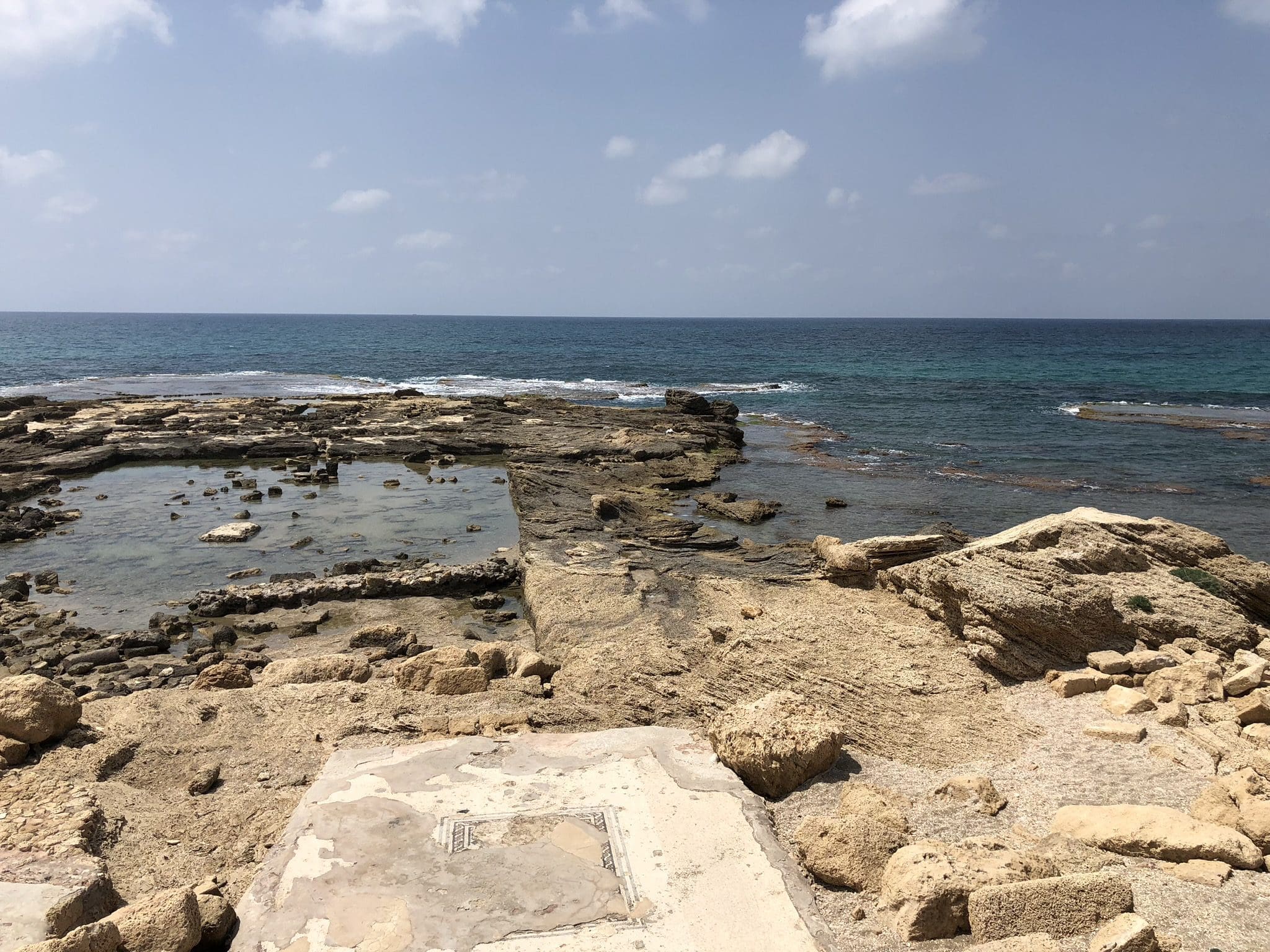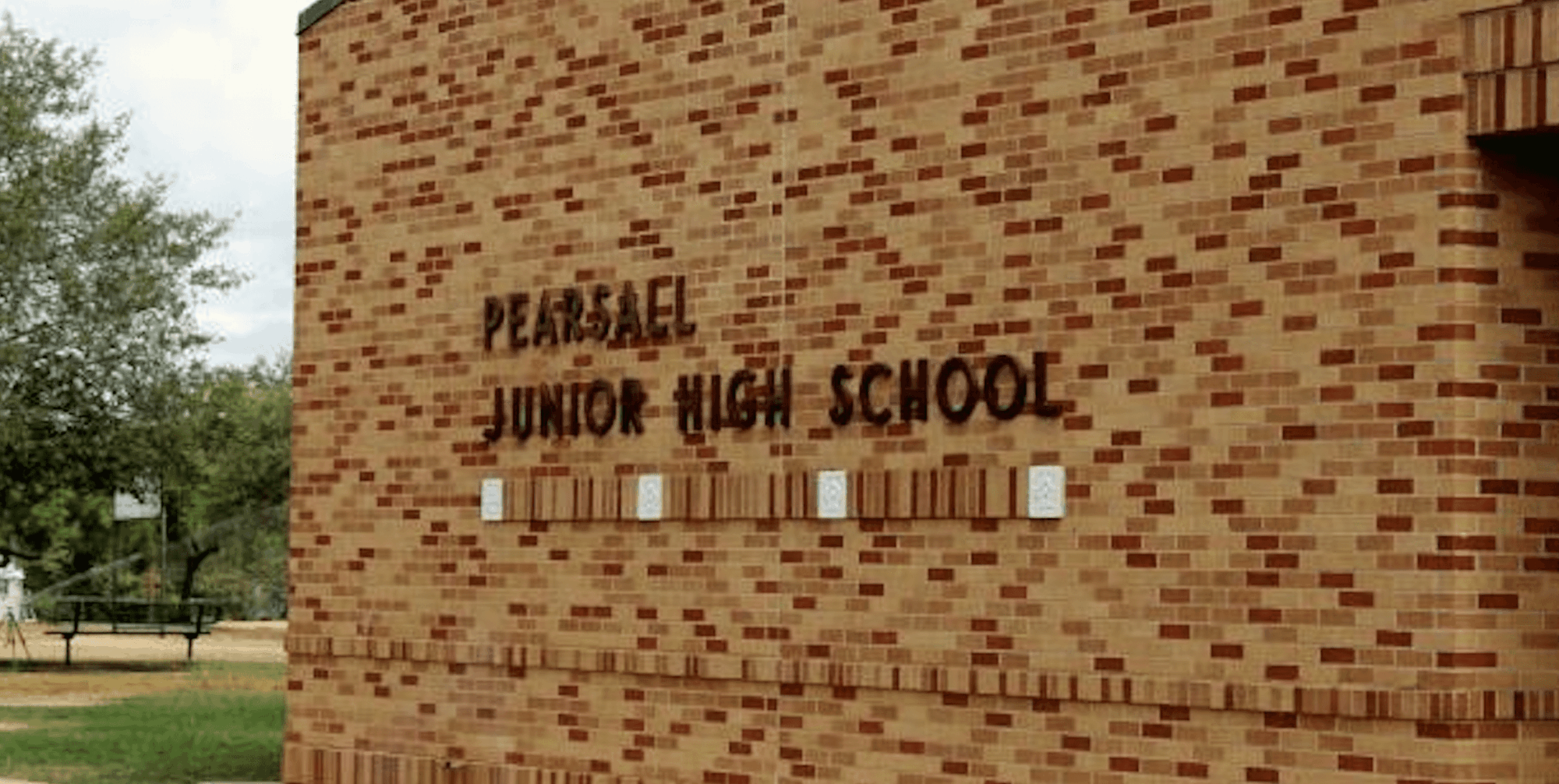Anyone remotely familiar with the New Testament, Roman history, or Middle Eastern archeology will have come across the name “Herod the Great.” A megalomaniacal, murderous ruler, he certainly wasn’t a great man.
But he can be remembered for some truly “great” structures. He is rightly known for colossal building projects during his 30-year reign over Judea as a vassal of the Roman empire.
Herod’s great construction projects remain impressive, even today. In addition to the remains of the Temple Mount, there is the massive fortress near the Dead Sea known as Masada, upon which he built not one but two palaces for himself. Yet there is no record he ever visited either one. Nothing, though, speaks to the selfishness of his “great” construction projects like the massive Herodium. Herod essentially built an entire mountain into a monument to himself.
Yet his most sprawling construction project was a massive maritime complex along the Mediterranean Sea. He named it Caesarea Maritima (with “maritima” meaning “by the sea”), as a way to appease his Roman overlord, Ceasar Augustus.
The manmade harbor was massive, the outlines of which are visible still today. While in use, it rivaled the largest harbors of Egypt and Italy. He built a royal palace equidistant between a theater complex and a hippodrome—the site of chariot races and other contests. The city itself became the seat of Roman government for the region; the port served as a superhighway from Israel to Rome and, henceforth, the world.
One of the last things we know Herod the Great did was order the murder of all the young boys born in Bethlehem—worried about the message those wise men from the east had delivered about the birth of the Jewish messiah.
How could Herod “the Great” do such a thing? Sick, old, and suffering from lifelong paranoia, Herod had grown increasingly suspicious of anyone and everyone as a threat to his rule. Several years before Jesus’ birth, Herod had two of his own sons executed on suspicions they were conspiring against him.
In a bit of eternal irony, Caesarea by the Sea is the place where the first Gentile—a ranking Roman soldier and his family—was baptized as a follower of Jesus. And so that port, named to honor a Roman pagan with delusions of divinity, became the place where the subversive Gospel of Christ left the backwaters of Israel and spread across the globe.
Herod built to promote himself, but God used his grandiose projects to advance His Kingdom. Herod’s greatest buildings are now little more than ordered rubble, but the church of Jesus thrives.
Each of us must ask ourselves if we are using our talents and abilities in service to self, or something bigger.





